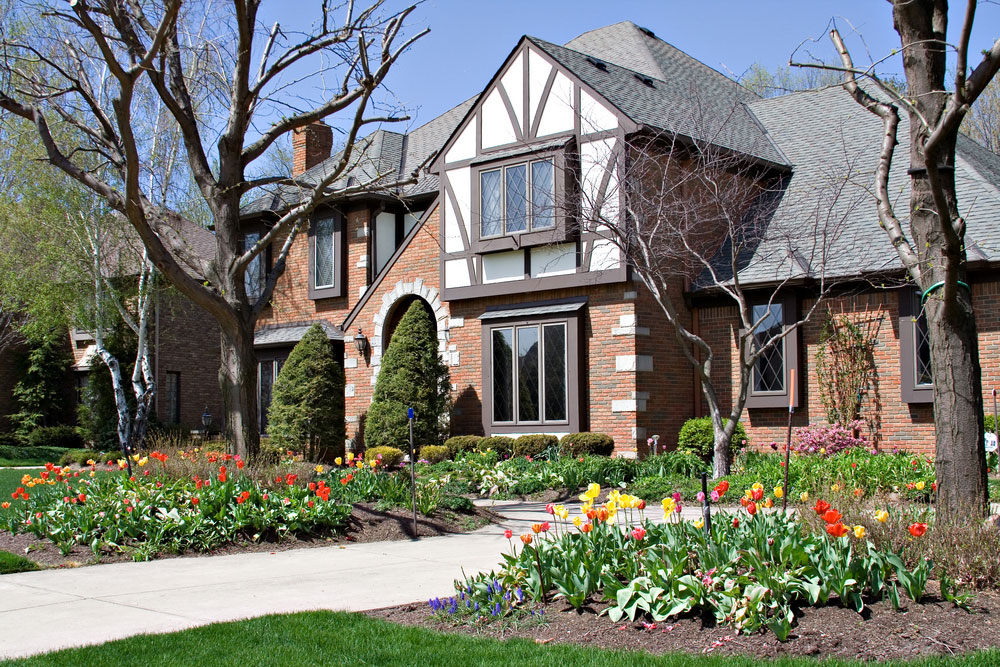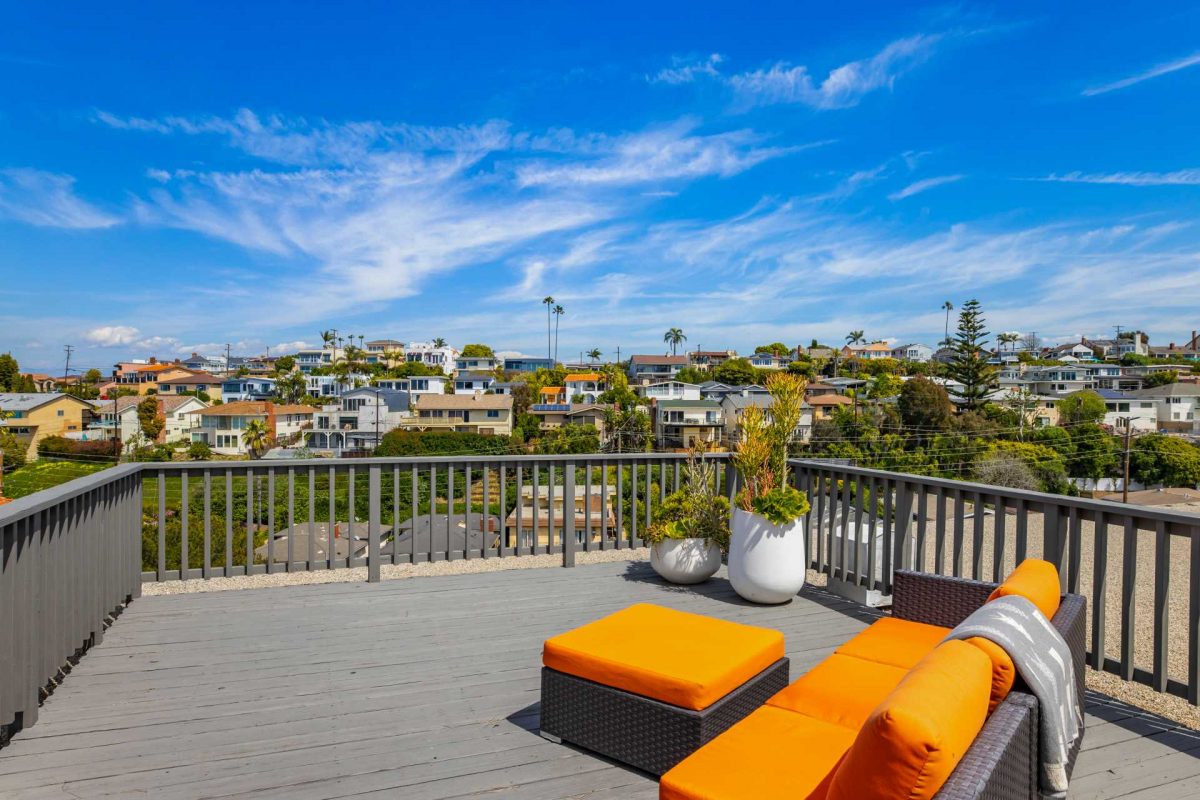People often ask, “When is the best time to sell my home?” The answer depends primarily on two major factors: the season, and whether it’s a seller’s market or a buyer’s market. While there are more and less favorable markets and seasons to sell, the best time to sell is ultimately when the time is right for you. A new job, growing family, financial change, or relocation can all impact your decision to sell. If you do have the flexibility and wish to time your home sale to maximize your return on investment, this article will arm you with the knowledge to make an educated, strategic choice. Here is our analysis of the best time of year to sell a house.
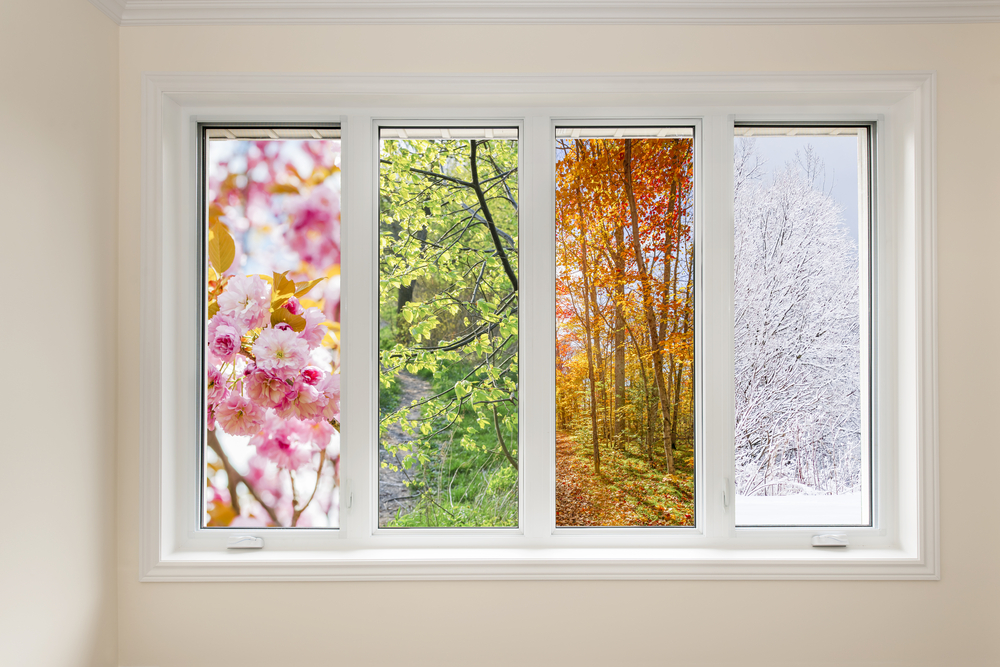
Buyer’s Market versus Seller’s Market
At any given point in time, the real estate market will either favor sellers or it will favor buyers. In a seller’s market, the demand for houses exceeds the supply. What this means is that there are more buyers than there are sellers, which gives sellers the upper hand. In a seller’s market, homes spend fewer days on the market, prices are driven up, and offers must be competitive. In contrast, a buyer’s market occurs when there is more inventory on the market than there are buyers. In other words, the supply of houses for sale has exceeded demand. Home prices are driven down and buyers have the upper hand in choosing their homes.
Before deciding to list your home for sale, determine whether the market is favoring buyers or sellers. In order to determine this, you can ask your real estate agent, or research online how fast homes are selling, the current inventory available, and whether prices are increasing or decreasing. Naturally, if you are a seller, listing your home in a seller’s market will give you the upper hand and the highest return on your investment.
If you are selling in a buyer’s market, having a pricing strategy and creative marketing plan will help to balance the scales. Keep in mind that despite the strongest market conditions there will always be buyers and sellers.
The Best Season to Sell a House
Historically, there are seasons that fare better for home sales. These are primarily influenced by the weather, seasonality, and city trends. They go in this order: spring, summer, fall, winter. While these rules aren’t hard and fast, they do hold true for many markets.
Spring: The Best Season to Sell Your Home
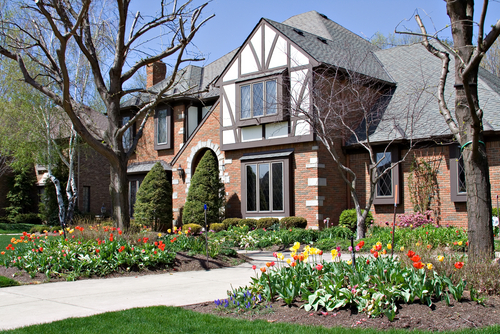
Regardless of whether you live in a city with four distinct seasons, spring is a great time of year to sell your home because of its alignment with the end of the school year. Families often wait until school is over to move and since it takes a couple of months to find a home and close on it, searching for a home in April and May means a likely move over the summer.
Spring is also a time of rebirth. The warmer weather holds the promise of longer days, more sunlight, and thus more time to attend showings. In the northern states, the dwindling of snow and sub-zero temperatures makes it easier for everyone to get out of the house. As year-end bonuses are solidified and tax refunds are awarded, buyers also typically have more funds readily available to spend.
Finally, gardens begin to bloom in the spring, so your home’s curb appeal is at its highest. (First impressions do matter! If your front garden is blossoming with colorful flowers and the grass is freshly cut and manicured, then a buyer’s first impression of your home will be a positive one). This also means that if you have any outdoor space – backyard, front yard, patio, or roof – these features will hold greater importance than they would in the winter when they are unusable. Prospective buyers are able to envision themselves using the outdoor space immediately, which will help drive the price when those offers start rolling in.
As with any time of year to sell, the spring comes with its downsides as well. While the weather is transitioning, the days could be rainy or chilly, leading buyers to a sub-par first impression of the home. Since spring is the most popular season for residential sales, competition from other sellers is high. Sellers end up competing with one another by making their home stand out, buyers have ample inventory to browse, and houses must be priced fairly in order to receive offers. Finally, construction costs start to increase during the spring and summer since it’s the busy season, and well-recommended contractors may book out in advance.
Summer
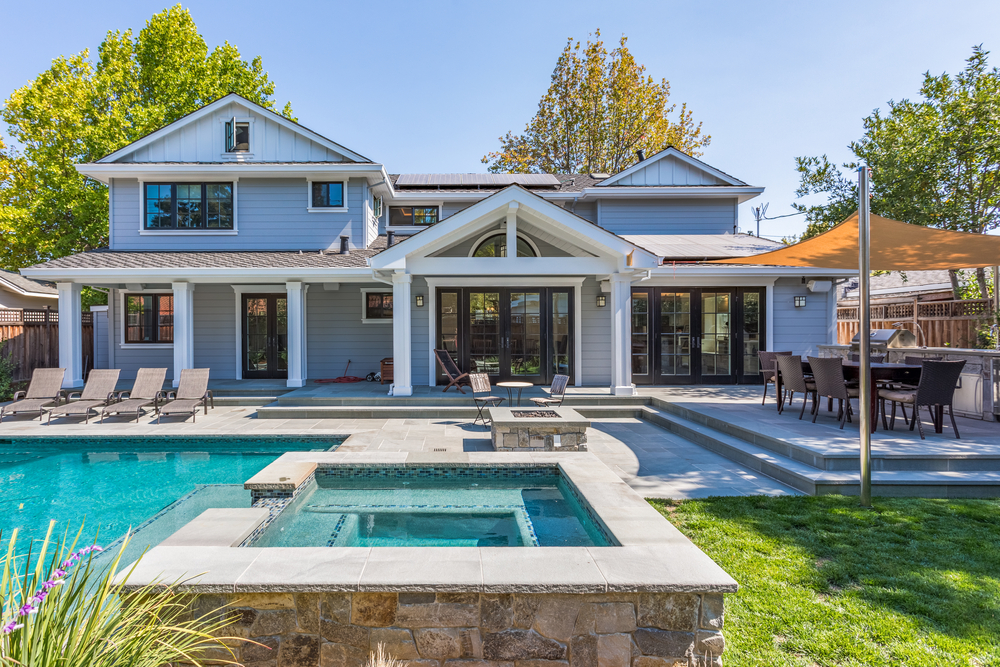
In many cities, summer is a great time of year to list your home. Similar to spring, curb appeal is still high, the weather is pleasant and the days are long, making it easy to get out and see new homes. School hasn’t started yet and so buyers are motivated to close on a home before the start of the school year, meaning sellers can potentially charge a premium to cater to their timeline. Generally, workplaces are more flexible with vacation time in the summer, allowing more time off for packing and moving.
However, this is dependent upon where you live. In some cities, the heat of the summer is no less bearable than the chill of winter, and having to leave the home is equally unappealing. In cities like New York and northern New Jersey, a large percentage of the population escapes to beach towns or vacations during the summer months of July and August, leaving significantly fewer buyers actively seeking homes during this time.
The cons of selling in the summer come down to logistics. Constantly hosting open houses during the summer can hike up AC bills, and with the kids not in school, it may be difficult to coordinate leaving the house for hours at a time during open houses. Living in a state of excessive clean can also be a challenge if the children are at home during the day. Lastly, it’s the busiest time of year for contractors, so booking maintenance repairs, gardening jobs, or even a fresh coat of paint will be highly competitive.
Fall

For households without children, fall is a very good season to sell a home. Similar to spring, the mild weather makes it easy for buyers to get out and attend open houses, plus, the colorful fall foliage (so long as the leaves are raked neatly) can add to a home’s curb appeal and evoke the feeling of a cozy, warm home inside. Several cities enjoy their best, most temperate weather in the fall.
Compared to spring and summer, there’s less inventory available on the market meaning your home has the opportunity to stand out more to potential buyers. The costs and competition for fixing up your home are also lower in the fall, after the high season of spring and summer have come to a close.
However, fall can be a slow season for selling if you do have a multi-bedroom home since families aren’t typically looking to move after the start of the school year. Additionally, outdoor space is tougher to maintain and can appear unkept in a matter of hours, meaning you will have to be vigilant about landscaping and lawn cleanup. Lastly, sellers who listed in the spring and summer and weren’t able to sell may offer competitive price drops to entice buyers, which can negatively impact your home’s initial sale price.
Winter: The Worst Time of Year to Sell your Home
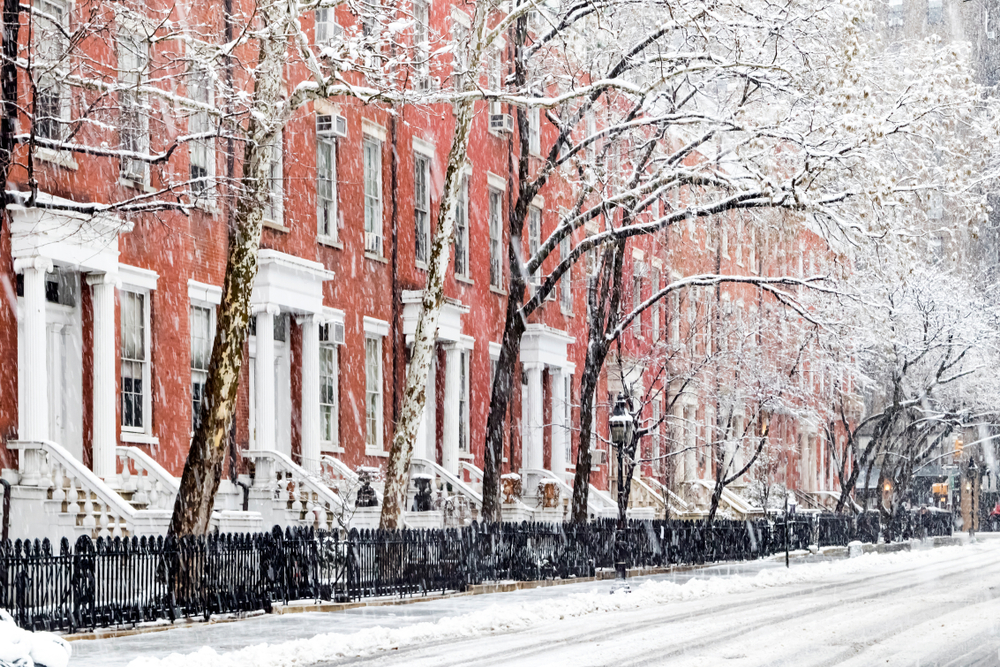
Historically, the holidays and the short days in the dead of winter are not a favorable time to sell. With a primary focus on being home for the holidays, few people are looking to move during this home-centric time of year. Moreover, with expendable income being put towards gifts and travel, buying a new home is often shuffled to the back burner. The cold temperatures and gray skies that cloak the northern United States during the winter months greatly hinder motivation to tour new homes and reduce the appeal of the home interiors (sunshine always accentuates a home best). Plus, snow-covered lawns can diminish curb appeal and hide unique home features. A snow-covered pool just doesn’t hold the same appeal in the winter as it does in the spring or summer.
That being said, there are always going to be contracts signed in December, because life happens! Some clients may need to relocate and seal the deal before starting a new job in January. The lower inventory during this time can work in favor of the seller, allowing your home to stand out.
In resort-centric, tourism states, winter is a great time to sell. States like Florida, California, and Arizona all see an increase in tourism during these months, and snowbirds who have traveled for the season often look to buy during this time.
Despite these seasonal trends, it bears repeating that contracts are signed year-round. Even if you can’t time the market, you can make a smart decision at the right time that is best for you. If the pandemic has taught us anything it’s that there are no guarantees when it comes to real estate. While you can try your best to stick to a seasonal selling strategy, you should always sell at the time when it’s the best for you. If that time is now, reach out to discuss your home selling plan.

